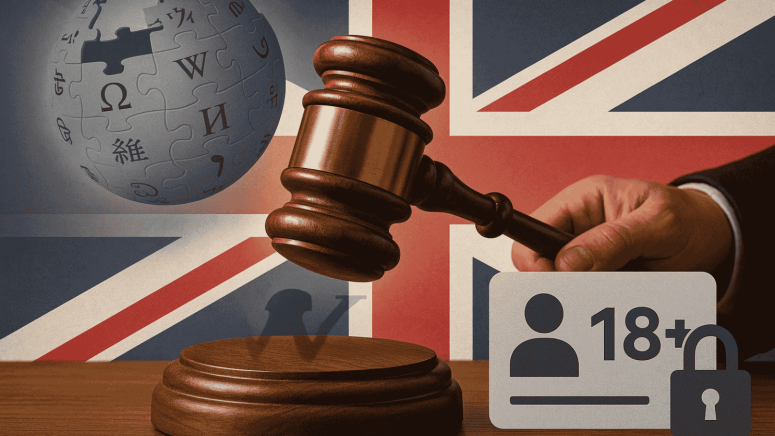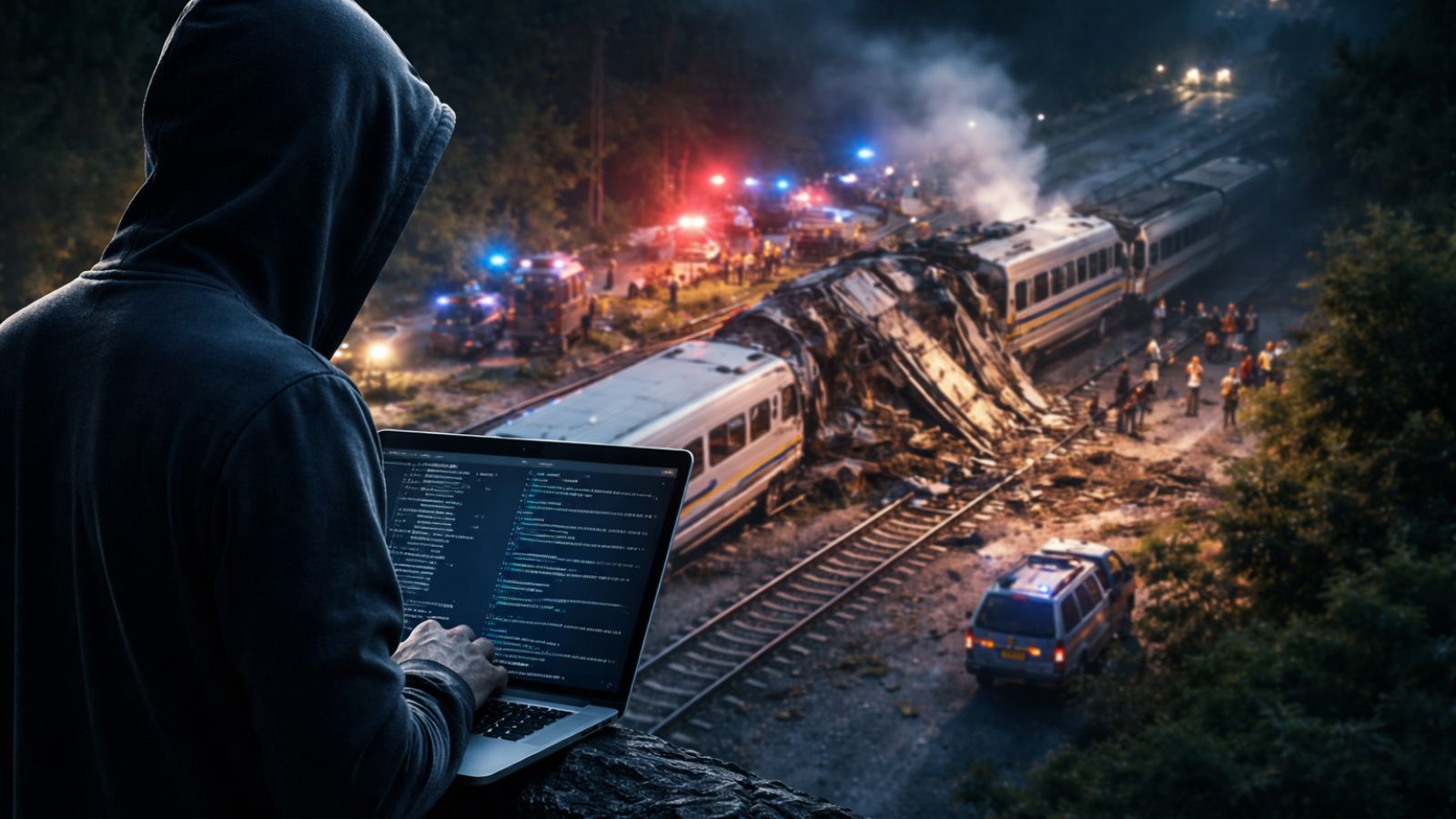
Wikipedia Loses UK Online Safety Act Legal Challenge, but Age Checks May Not Apply Yet
- Court Decision: High Court dismisses Wikimedia’s challenge to UK Online Safety Act categorization.
- Age Checks Uncertain: Judge says ruling not a “green light” for strict enforcement on Wikipedia.
- Privacy Concerns: Critics fear age checks could threaten free speech and user data security.
Wikimedia loses its High Court fight against the UK’s controversial Online Safety Act. The ruling means the non-profit could remain in the most strictly regulated category of the law, but a key statement from the judge suggests the platform might still escape mandatory age checks.
Wikimedia loses its Case Against UK Online Safety Act
The Wikimedia Foundation, which runs Wikipedia, launched a legal challenge in May 2025 to fight its classification under the Online Safety Act’s Category 1 rules. This category imposes the toughest obligations, including shielding minors from “legal but harmful” content.
Wikimedia argued that enforcing identity checks on its UK volunteer contributors would undermine their rights to privacy, safety, and free speech.
The High Court dismissed the challenge on Monday, but the judge stressed the decision was not a “green light” for Ofcom or the government to impose measures that would “significantly impede Wikipedia’s operations.” This leaves the possibility of further legal action open.
Age Verification Rules Now in Force
Under the Online Safety Act, which came into effect on July 25, 2025, all platforms hosting adult-only or potentially harmful content must verify users’ ages.
While most expected targets are sites like Reddit, X, Bluesky, and dating apps such as Grindr, the law’s broad definitions mean even services like Spotify, and potentially Wikipedia, could be affected.
Wikipedia fears that being forced into age verification could harm the openness and accessibility of its platform, both for readers and volunteer editors.
Growing Privacy Concerns
The UK government says the law’s goal is to protect children online, but it has faced strong backlash from privacy experts, digital rights groups, and everyday users.
Critics warn that current age verification systems could create significant privacy risks, including data breaches and misuse of sensitive information. Over 450,000 people have signed petitions to repeal the Act, and many are turning to VPNs to avoid the new checks.
It’s still uncertain whether other online platforms will follow Wikimedia’s legal path. However, this case could become an important precedent for future challenges to the UK’s Online Safety Act.












